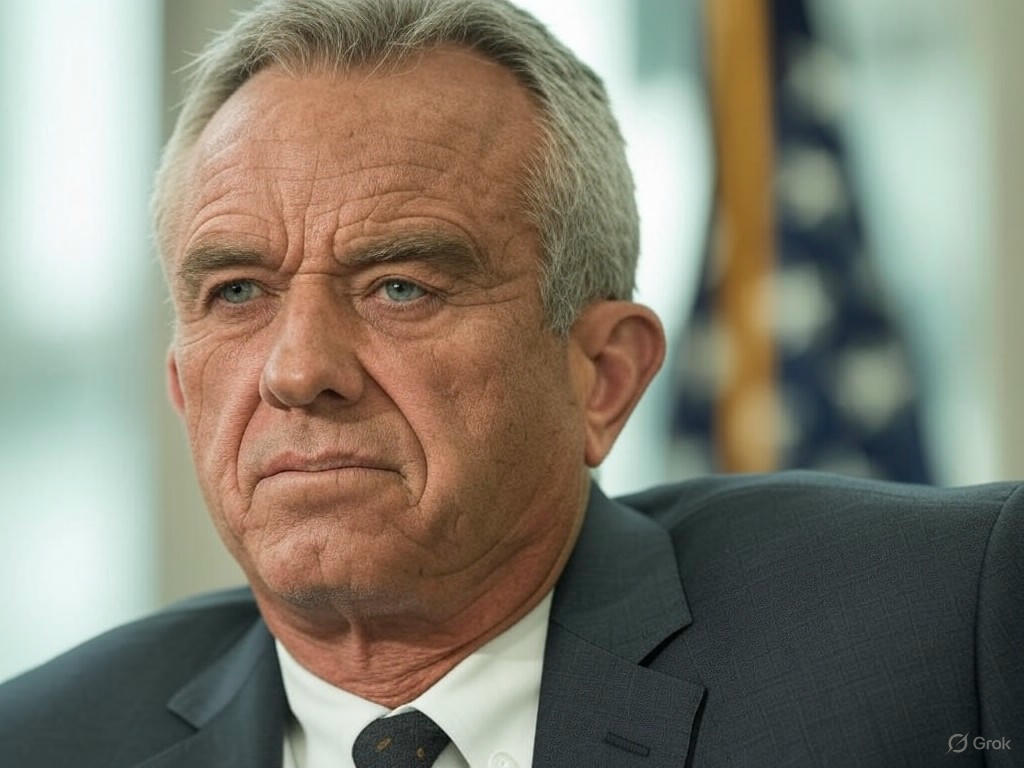Shaking Up Public Health: RFK Jr. Overhauls CDC Vaccine Advisory Panel
In a bold and controversial move, Robert F. Kennedy Jr., recently appointed to lead the Department of Health and Human Services (HHS), has completely replaced the members of the Centers for Disease Control and Prevention (CDC) panel responsible for advising on vaccine policies in the United States. Known for his long-standing skepticism toward vaccines, Kennedy’s decision has sparked intense debate among public health experts, policymakers, and the general public. This dramatic shake-up, announced in early June 2025, raises questions about the future of vaccination programs and the trust in scientific institutions that have long guided national health strategies.
Kennedy’s tenure at HHS has been marked by a series of polarizing actions, but none have drawn as much attention as this sweeping change to the CDC’s Advisory Committee on Immunization Practices (ACIP). The panel, previously composed of independent scientists, medical professionals, and public health experts, plays a critical role in shaping vaccine recommendations for children, adults, and vulnerable populations. Critics argue that replacing the entire committee with new appointees—many of whom are reportedly aligned with Kennedy’s views—could jeopardize decades of progress in preventing diseases like measles, polio, and influenza. Supporters, however, claim that the move is a necessary step to reevaluate what they see as an overly rigid and potentially flawed system of vaccine approvals and mandates.
The timing of this overhaul couldn’t be more significant. With seasonal flu campaigns underway and ongoing efforts to combat emerging infectious diseases, the CDC’s guidance on immunizations is a cornerstone of public health. Some experts worry that the new panel may prioritize alternative perspectives over established data, potentially leading to reduced vaccination rates and a resurgence of preventable illnesses. Others speculate that Kennedy aims to introduce stricter scrutiny of vaccine safety protocols, reflecting his past assertions that certain immunizations carry underreported risks. While his intentions remain unclear, the lack of transparency about the selection process for the new panel members has only fueled concerns among health advocates.
Public reaction has been sharply divided. On social media platforms, hashtags supporting and opposing Kennedy’s decision have trended, with some praising his willingness to challenge the status quo and others accusing him of undermining science at a critical time. Medical organizations, including the American Academy of Pediatrics, have issued statements urging caution and emphasizing the proven benefits of vaccines in saving millions of lives. Meanwhile, grassroots groups skeptical of mainstream medical advice have rallied behind Kennedy, viewing his actions as a victory for personal choice and informed consent.
As this story unfolds, the long-term impact of Kennedy’s decision remains uncertain. Will this restructuring lead to meaningful reforms in how vaccines are evaluated and recommended, or will it erode public confidence in one of the most effective tools for disease prevention? Only time will tell, but one thing is clear: the intersection of politics, science, and public health has rarely been more contentious. The eyes of the nation—and the world—are on HHS as it navigates this uncharted territory.


